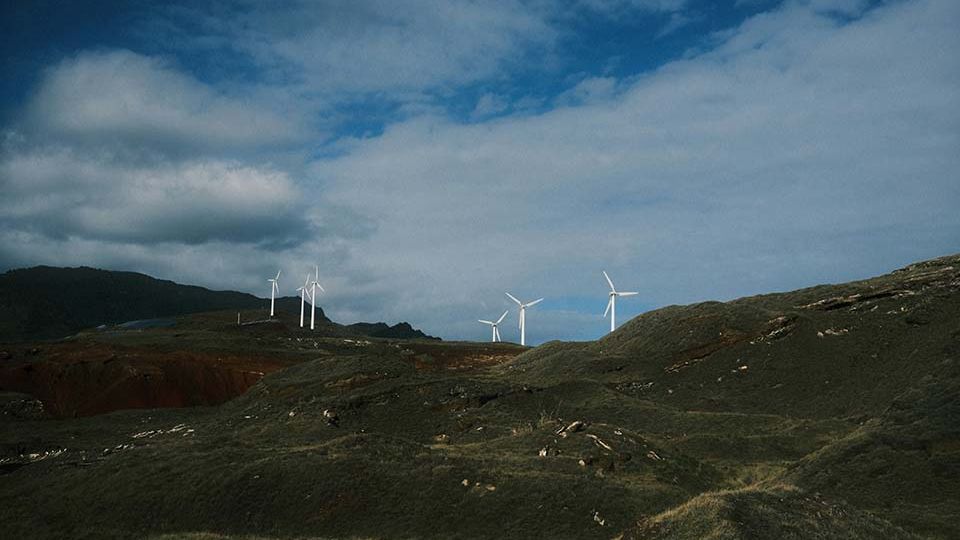August 19, 2024
TOKYO – Japan is expected to offer low-carbon projects to its partner countries during the upcoming Asia Zero Emission Community (AZEC) ministerial meeting in Jakarta, in an effort to push for decarbonisation efforts in the region.
A list containing project areas to be offered by the Japanese government and companies to partnering countries was drafted by the Japan Business Foundation, also known as Keidanren, on July 16. The plan will also include policy recommendations for ASEAN as a group as well as each of the 11 AZEC member countries in order to push for successful decarbonisation efforts.
“Each government needs to create conducive finance and investment systems through regulatory frameworks. Rulemaking in finance will be an important pillar for AZEC,” said Shinnosuke Ito, manager of Keidanren’s environment and energy policy bureau in Tokyo.
He added that the projects offered to the partner countries would adhere to the basic principles of AZEC, such as proper measurement and reporting of greenhouse gas emissions from business activities; environmental services and good trade; and building a green product market.
The Jakarta Post obtained a document from Keidanren outlining several policy and project area recommendations for ASEAN and for each partner country. For the bloc, Japan recommends the development of a cross-border power grid among ASEAN members as well as setting and promoting energy conservation standards to consumers in the region.
For Indonesia, the business foundation recommended several focus areas, including a more efficient system for renewable energy procurement. Keidanren believed that the country is still hindered by country-specific permit acquisition processes and other local rules and a lack of systems related to electricity procurement, such as the power-purchase agreement for captive power plants.
Read also: Some Indonesians fear being left behind by energy transition: Report
Another one of Keidanren’s recommendations for Indonesia is the expansion of public funding for the development of inter-island power transmission, as it will be hard for the private sector to bear the costs alone.
The business foundation also suggested expanding public support for electric vehicle (EV) charging infrastructure amid the rising popularity of such vehicles in Indonesia.
Keidanren will convey these recommendations to the Japanese Ministry of Economy, Trade and Industry, which will announce the plan during the second AZEC ministerial meeting in Jakarta, slated for Tuesday and Wednesday.
“The partner countries don’t like Japan to force the rules on each country. Therefore, we aim to create dialogue and a more friendly atmosphere that is easier to accept,” Ito said.
First proposed by Japanese Prime Minister Fumio Kishida in 2022, AZEC is aimed at becoming a platform to promote decarbonisation in Asia with Japan supporting countries in the Asia Pacific in the fields of technology to achieve personalized energy transition plans based on the conditions of each country. The platform comprises all ASEAN member states—excluding Myanmar—and Australia.
A leader’s meeting in Tokyo in December of last year that was attended by President Joko “Jokowi” Widodo produced a joint statement in which the leaders shared their commitments on AZEC’s basic principles and targets.
They also agreed to establish the Asia Zero Emission Center as a platform to support policy development and coordination, foster partnerships and strengthen technological corporations. The center will be launched in next week’s meeting in Jakarta.
Read also: RI needs to look beyond JETP to pursue energy transition goals
ASEAN has a US$3 trillion potential for green investment, according to Ito, with several Japanese companies having already tapped into or working to invest more into such prospects.
Electronics and electrical equipment manufacturing company Mitsubishi Electric, for example, has been promoting automated manufacturing software and hardware to increase production efficiency and lower greenhouse gas emissions from manufacturing activities. The company has been working with Singapore-based tech firm Evercomm to push for automatic emission reduction using artificial intelligence (AI).
In Indonesia, trading company Itochu Corporation is working with local cooperatives and smallholder rubber farmers to improve product traceability while introducing them to a sustainable rubber plantation approach to reduce deforestation.
The initiative is expected to increase the smallholders’ profits by at least 10 percent, as their products can be sold to international markets that require traceability and sustainability transparency.
The second AZEC ministerial meeting is expected to produce a joint statement and agreements on at least 70 new projects in various fields, 30 of which are led or based in Indonesia, according to a statement issued on Aug. 9 by the Energy and Mineral Resources Ministry.
“With the new agreements, we hope to push for wider investment and collaboration on decarbonisation,” ministry spokesperson Agus Cahyono Adi said in the statement.


